In industrial automation, safety and compliance are not just regulatory obligations; they are the basis of the smooth and secure functioning of equipment and processes. Circular connectors, as essential components, ensure the integrity and reliability of connections. As a result, specific connector standards are in place to enhance safety and compliance, increase efficiency in industrial environments, and reduce equipment downtime.
Importance of Safety and Compliance
Safety standards and regulatory requirements are critical in safeguarding both human workers and equipment. Adhering to international safety standards such as IEC (International Electrotechnical Commission), UL (Underwriters Laboratories), VDE (German electrotechnology association), ESTI (Federal Heavy Current Inspectorate), and ISO (International Organization for Standardization) is essential for minimizing risks in industrial settings. These standards ensure that products and systems meet stringent safety criteria, reducing the likelihood of accidents and equipment failures.
Meeting regulatory requirements is equally important. Different industries have specific regulations for designing, testing, and using connectors. These regulations ensure that connectors perform reliably under various conditions, including high temperatures, mechanical stress, and chemical exposure. For circular connectors from Binder, this involves compliance with the following standards:
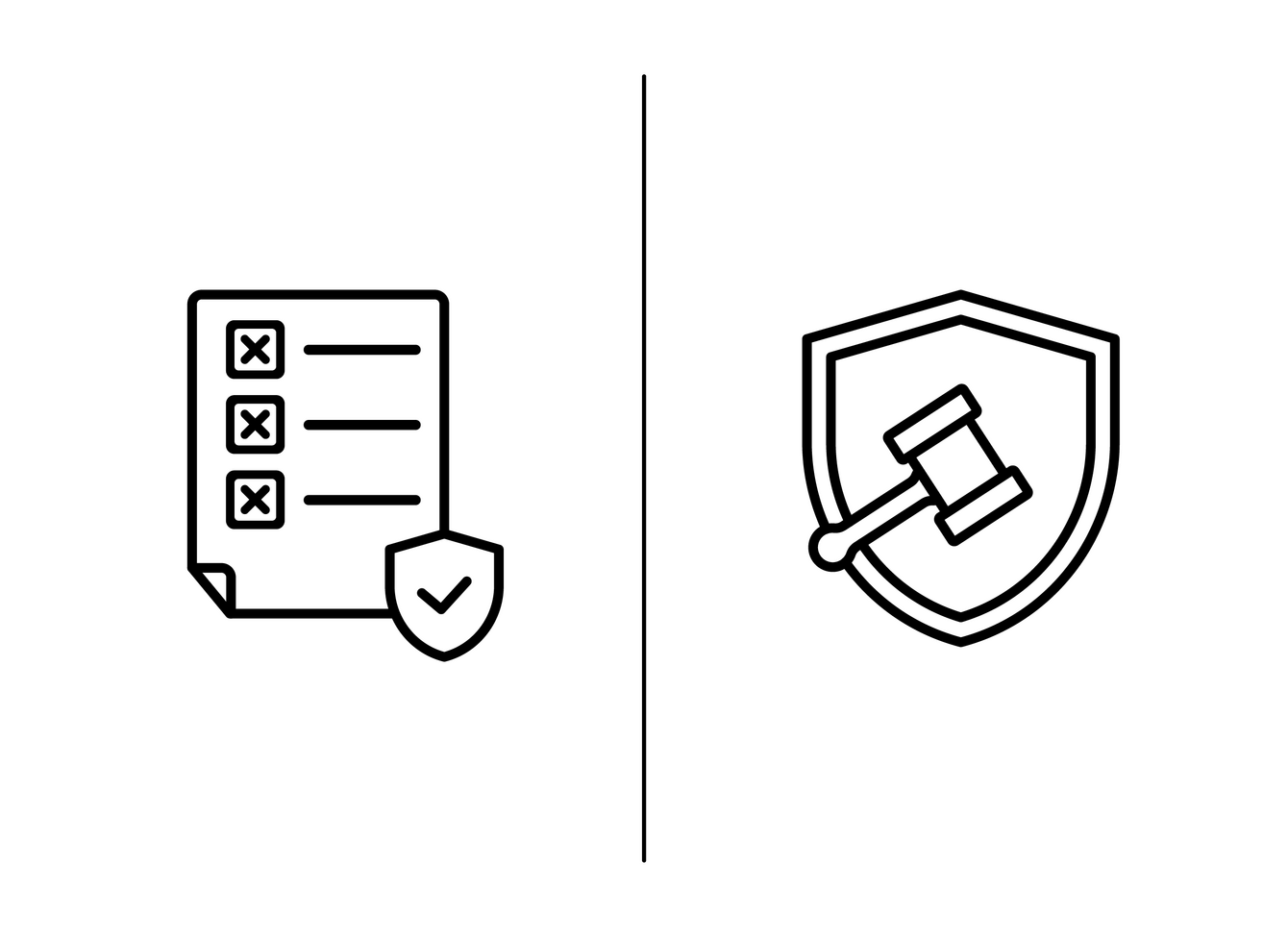
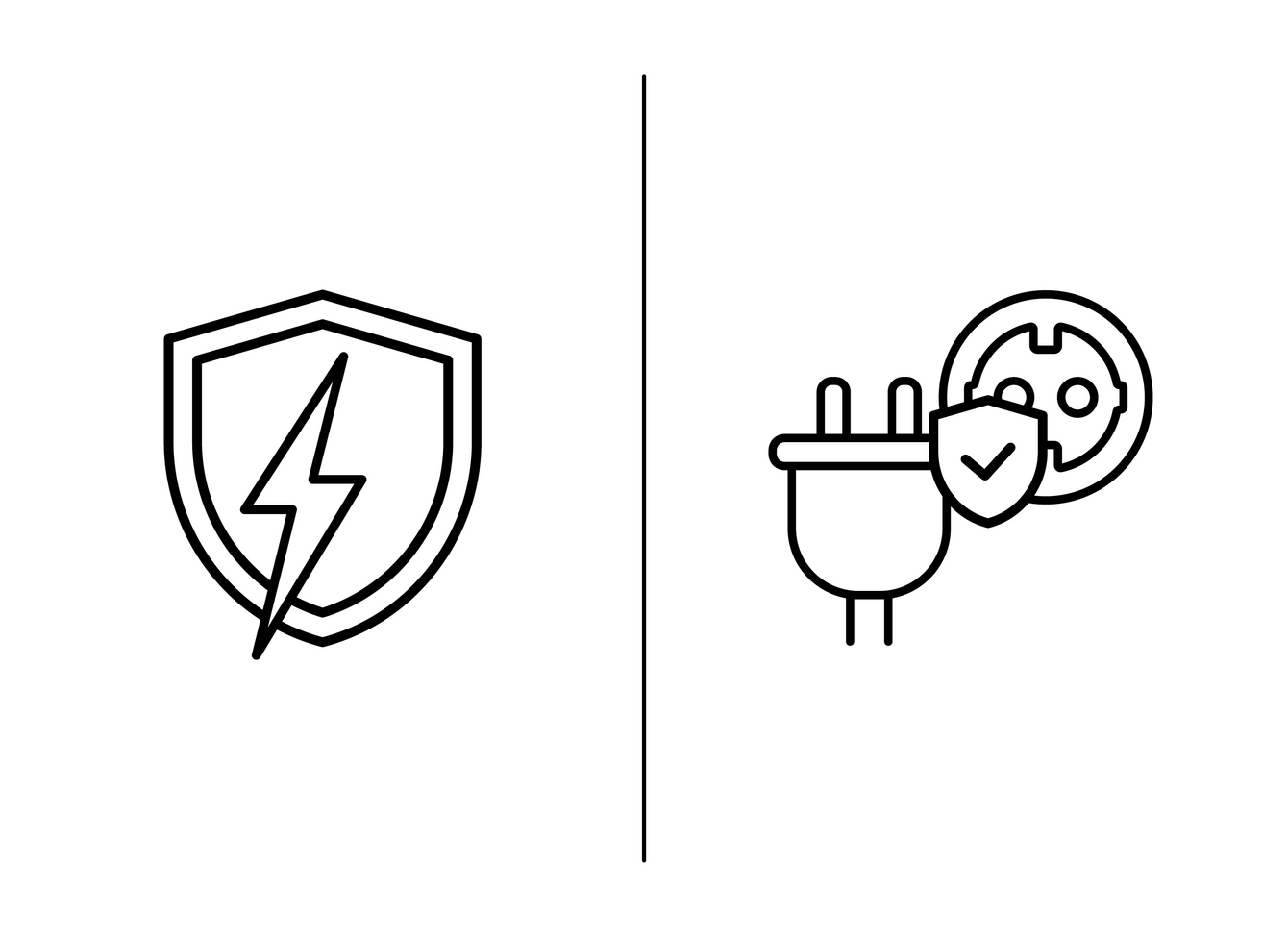
Electrical Safety Certificates and Standards
- VDE: VDE certification ensures that products comply with German and international standards for safety, quality, and reliability. This includes rigorous testing for electrical safety, mechanical robustness, and environmental resistance.
- ESTI: Ensuring the safety of electrical installations and equipment in Switzerland
- C-UR-US: Indicates that a product has been tested and certified by Underwriters Laboratories (UL) to meet safety standards applicable in both the United States and Canada
- IEC 61984: Specifies requirements and tests for connectors used in electrical equipment, ensuring they can safely handle electrical connections.
- IEC 60664-1: Specifying the requirements for electrical insulation and its coordination.
- UL 1977: Covers connectors used in data, signal, control, and power applications, focusing on their safety and performance.
Management System Standards
- ISO 9001:2015: Ensuring that the management system has been found conform to the Quality Management System standard
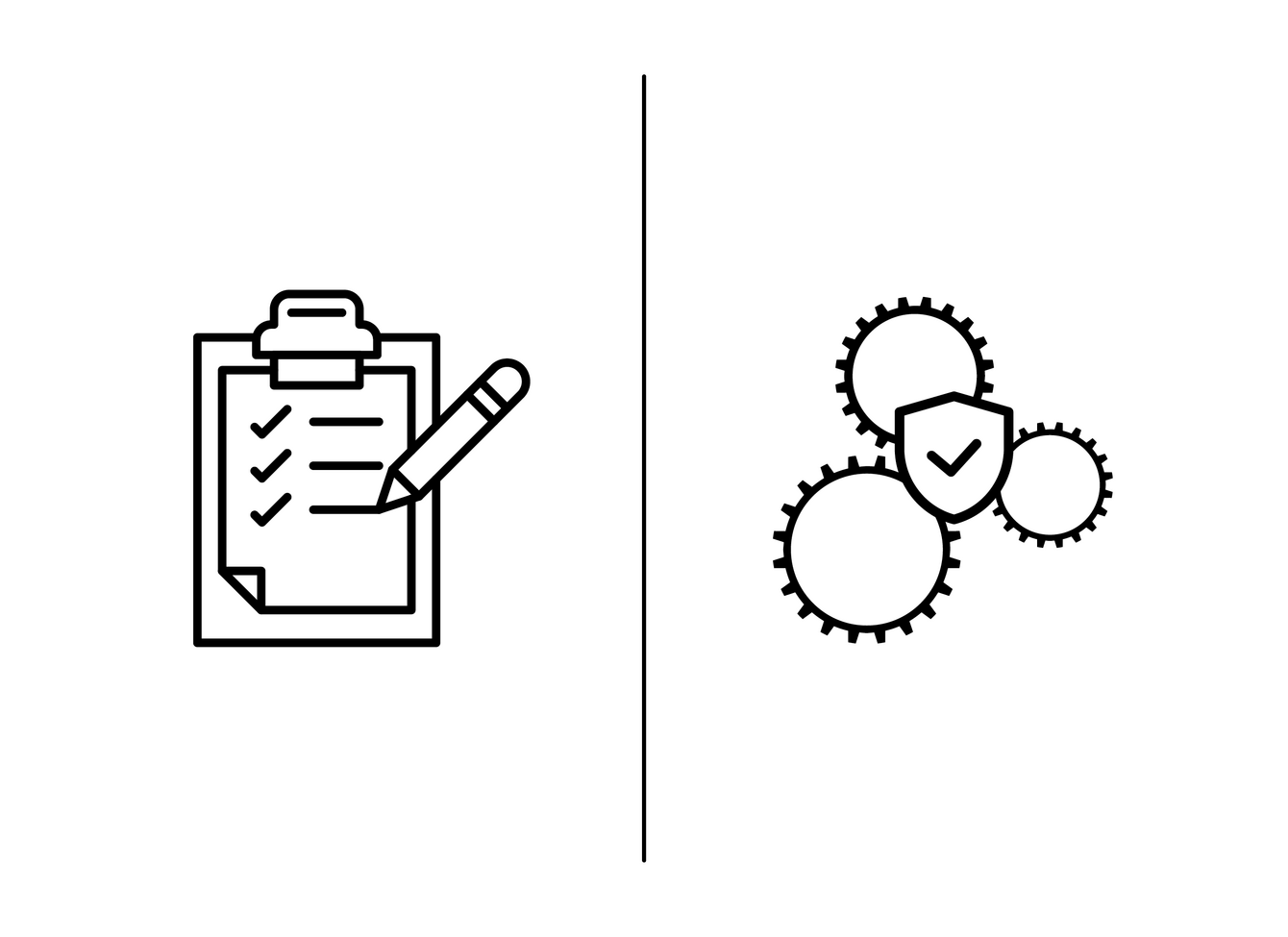
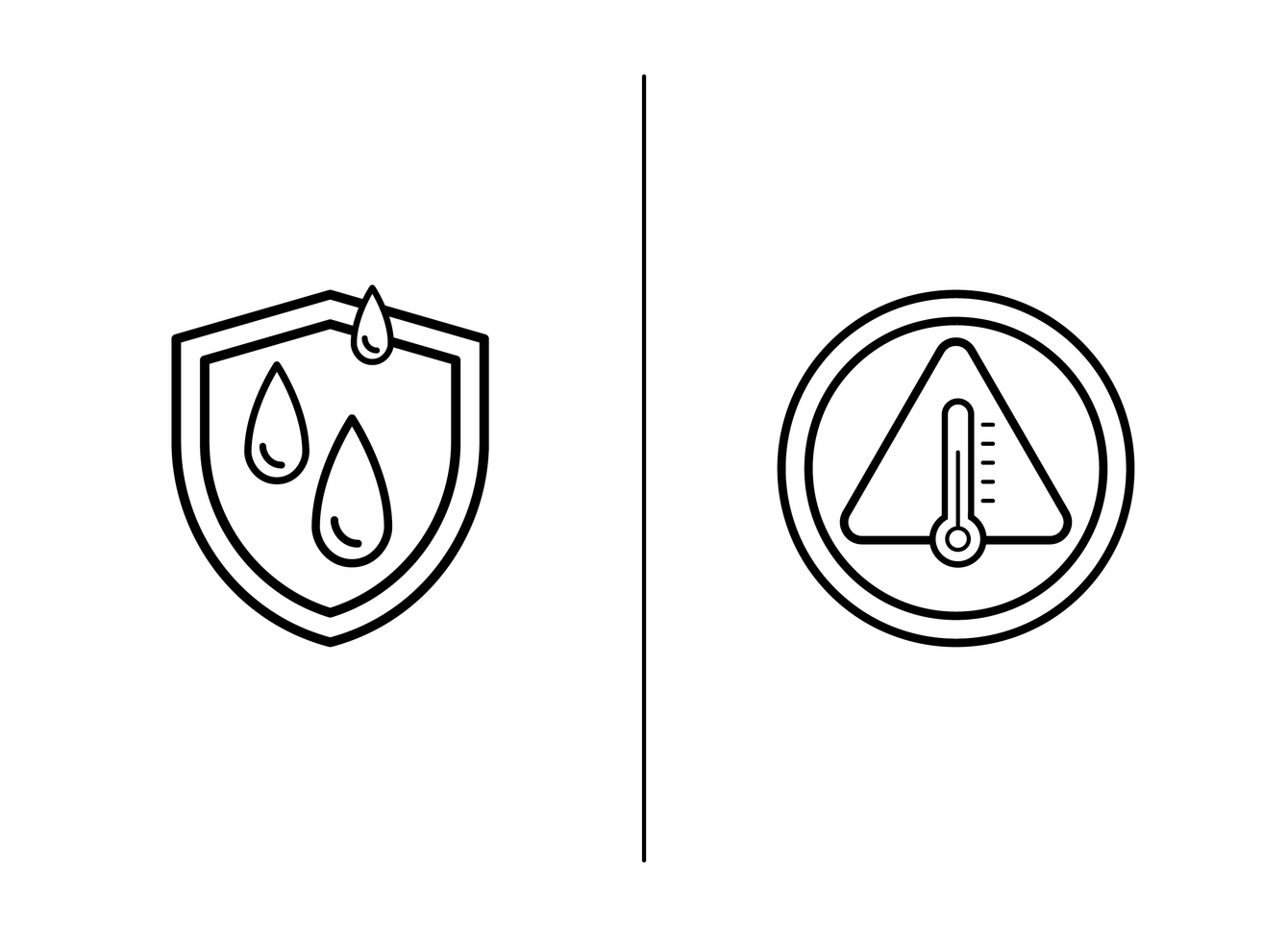
Environmental and Mechanical Standards
- IEC 60529: Defines degrees of protection provided by enclosures (IP codes) against dust, water, and other environmental factors. Common ratings for industrial connectors are IP67, IP68, and IP69K.
- IEC 60068-2: Outlines environmental testing procedures for electrical and electronic equipment regarding the effects of environmental stressors such as temperature, humidity, vibration, and shock.
- DIN EN 61984: Specifies the safety requirements and tests for connectors, including their mechanical and electrical properties.
Electromagnetic Compatibility (EMC) Standards
- IEC 61000-6-2: Covers immunity requirements for industrial environments, ensuring connectors do not interfere with or are not affected by electromagnetic disturbances.
- IEC 61000-6-4: Specifies emission requirements for industrial environments, ensuring connectors do not emit electromagnetic disturbances that could affect other equipment.
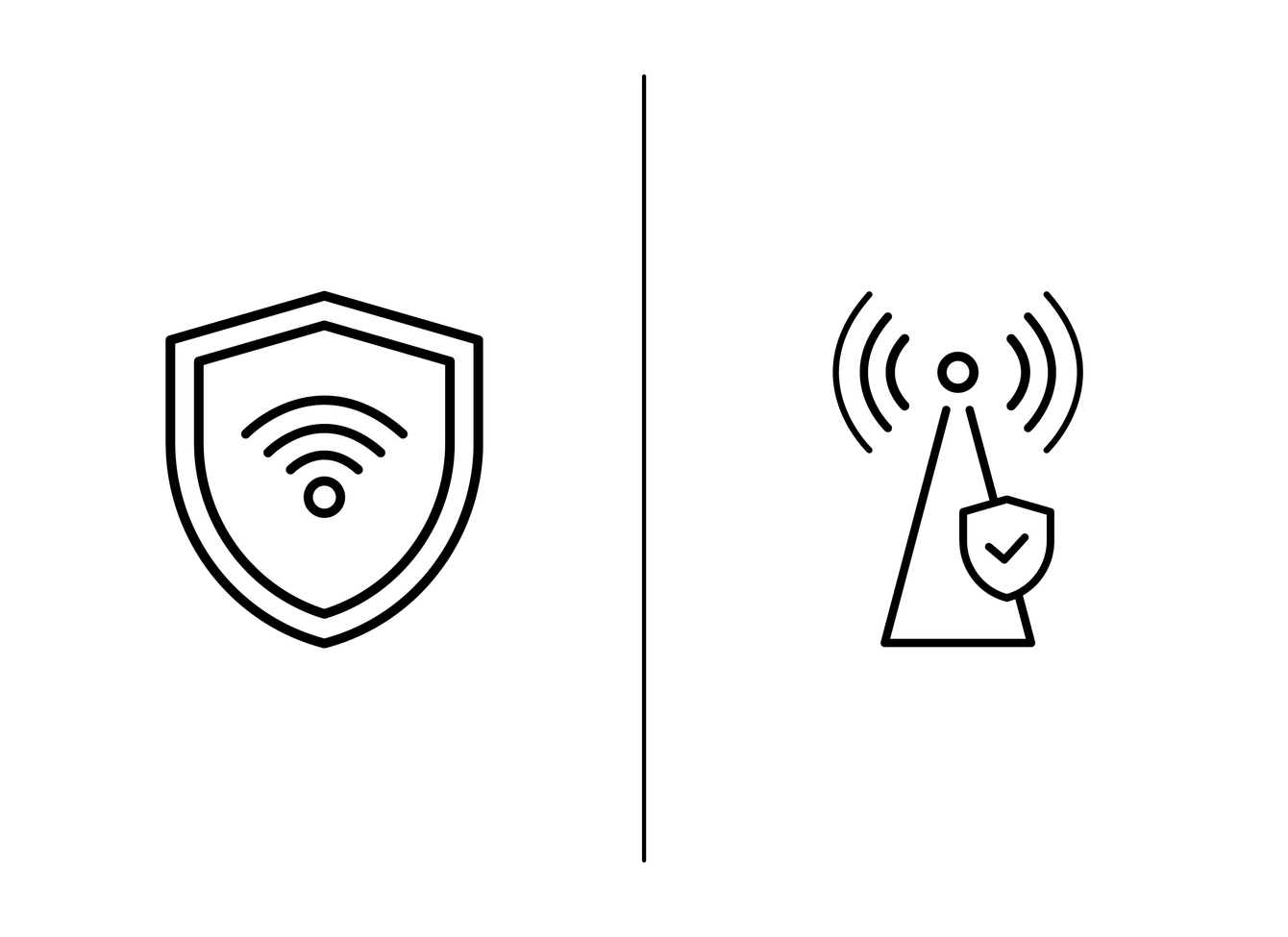
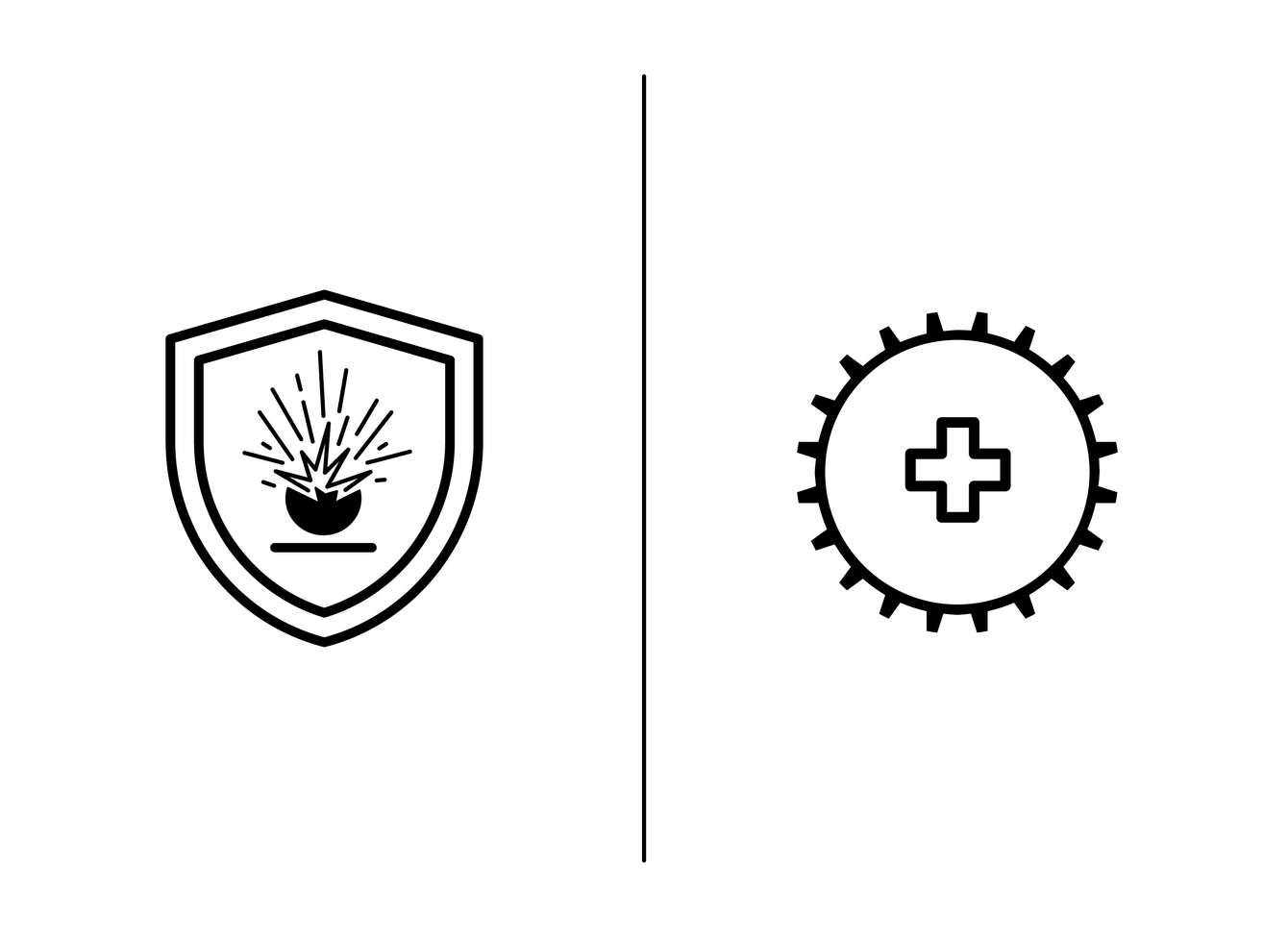
Industry-Specific Standards
- ATEX (Directive 2014/34/EU): Applies to equipment and protective systems intended for use in potentially explosive atmospheres. Connectors must be designed to prevent ignition sources.
- ISO 13485: Outlines the requirements for a quality management system (QMS) specific to the medical device industry
- FDA: Issued by the U.S. Food and Drug Administration (FDA) and is important for ensuring that products meet safety and quality standards, especially in the context of medical and food-related applications.
- Ecolab: Mark of quality and safety for products used in hygienically sensitive environments, particularly in the food and beverage, pharmaceutical, and healthcare industries.
- IECEx: An international certification system for equipment used in explosive atmospheres, ensuring connectors meet stringent safety requirements.
Application-Specific Standards
- EN 50155: Specifies requirements for electronic equipment used in rolling stock for railways, including connectors.
- AISG: Defines the protocols and physical interfaces for the communication between base station equipment and antenna line device which is essential for 5G networks.
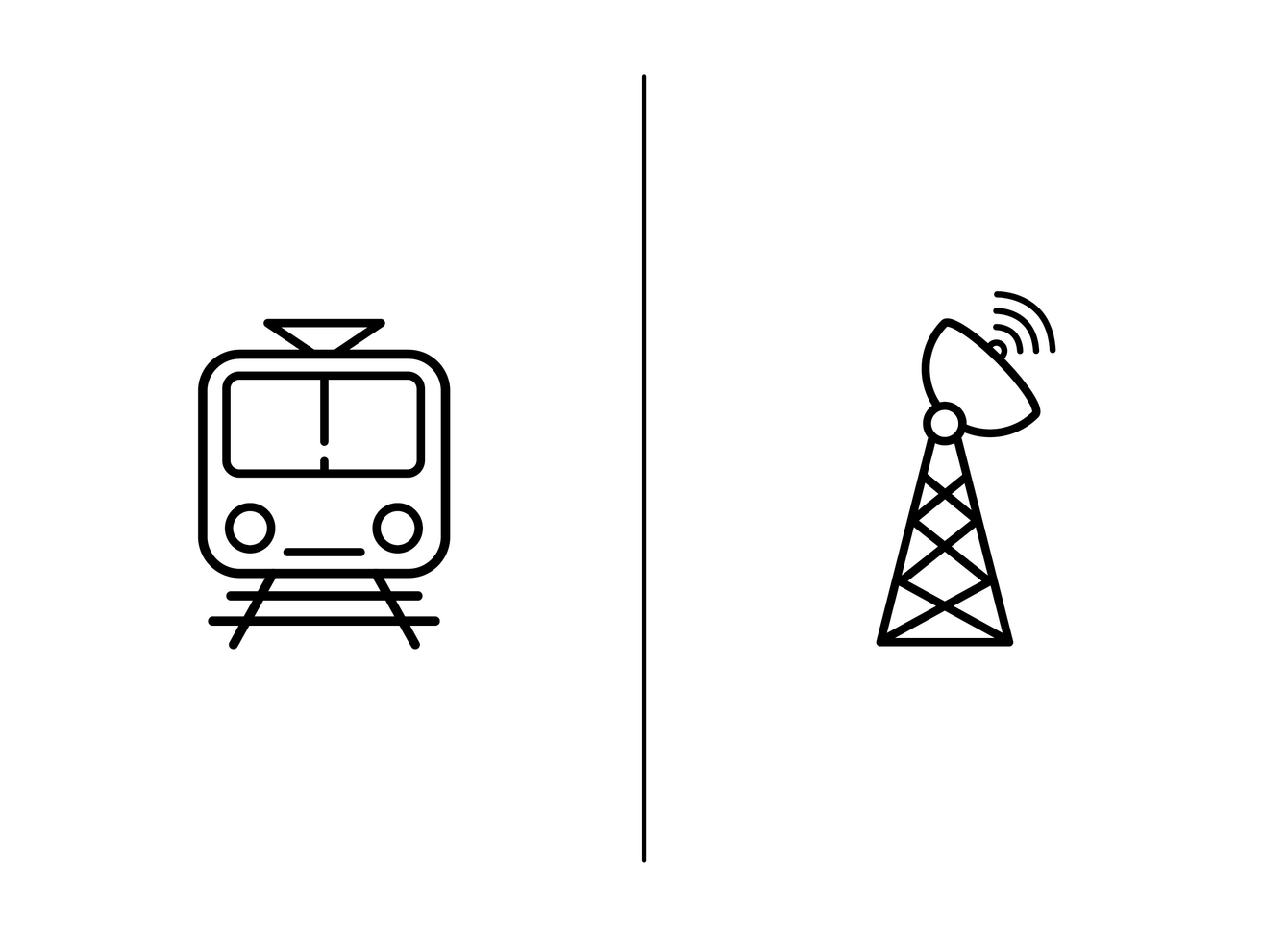

Testing and Certification
- RoHS (Restriction of Hazardous Substances Directive): Ensures connectors do not contain certain hazardous materials, making them environmentally friendly.
- REACH (Registration, Evaluation, Authorization, and Restriction of Chemicals): Ensures the safety regarding chemicals used in connectors.
- IEC 60512: Specifies basic standard for testing procedures and measuring methods for electromechanical components.
- CE Marking: Indicates that connectors comply with EU safety, health, and environmental protection requirements.
For detailed information regarding our standards and technical info, please click here.
Advanced Features of Circular Connectors to Ensure Safety
At binder, we always work on developing new solutions for circular connectors designed with a range of advanced features enhancing their performance and safety in industrial environments. There are various features that enhances the safety of our products:
Enhanced environmental protection: We strive to optimize the sealing and ingress protection for a wide range of our products. Through high IP-ratings such as IP68 or IP69K and sealed connectors our products can withstand certain environmental conditions. Other aspects include a wide operating temperature range.


Rugged design: Modern connectors are built to withstand harsh industrial conditions. They are constructed from durable materials that resist corrosion, impact, and wear. This rugged design ensures that connectors remain reliable even in the most demanding applications.
Secure locking mechanisms: Advanced locking mechanisms, such as bayonet or threaded connections, prevent accidental disconnection. These mechanisms provide a secure connection that withstands vibration, movement, and other mechanical stresses, ensuring continuous and safe operations. We have a wide offer of innovative binder connectors that focus on a secure locking mechanism.


Corrosion resistant: The materials used such as stainless steel, nickel plating, or other corrosion-resistant materials are essential because they protect connectors from chemical and environmental corrosion.
Enhanced electrical performance: Electromagnetic interference (EMI) and radio frequency interference (RFI) can disrupt signal integrity and cause malfunctions in industrial systems. Modern connectors are equipped with shielding features that protect against EMI and RFI, maintaining the reliability of communications and control systems.


High data transmission capabilities: Connectors with high signal integrity designed to minimize data loss and interference while supporting high data transmission protocols such as Ethernet.
Testing
Ensuring our connectors meet safety and compliance standards requires rigorous testing and certification. This process can be divided into certification and fulfilling industry-specific requirements. All our connectors undergo comprehensive testing for electrical, mechanical, and environmental performance, verifying their ability to operate reliably under specified conditions and meet safety standards. Additionally, certain industries and applications have unique standards, such as AISG compliance for 5G antennas. Adhering to these standards is essential for maintaining safety in specialized applications. Furthermore, beyond the standard qualification process, our connectors can also undergo additional qualifications tailored for specific industries and application areas.
Future Trends
The future of connector technology promises advancements that will enhance safety and compliance. Innovations in materials science and smart technologies will result in more robust and intelligent connector solutions, boosting performance and reliability in increasingly demanding industrial applications. Anticipating and preparing for regulatory changes is crucial. Binder is dedicated to staying ahead of evolving standards, ensuring that your connectors consistently meet the highest safety and compliance requirements.

